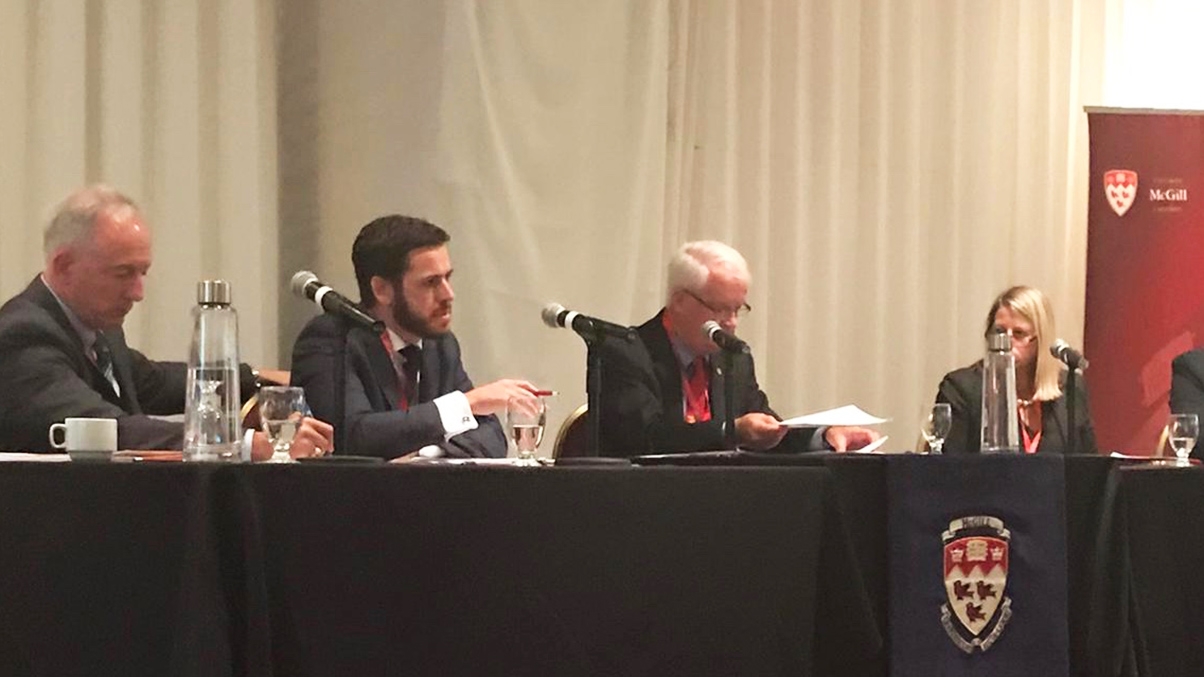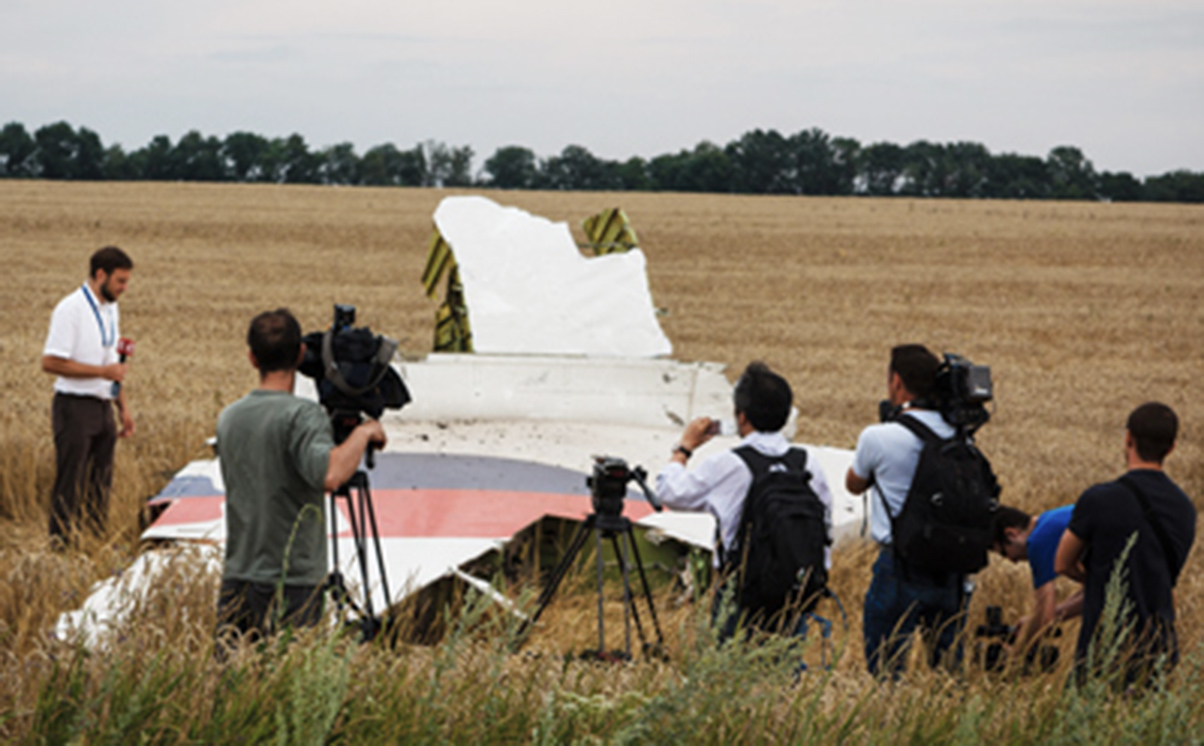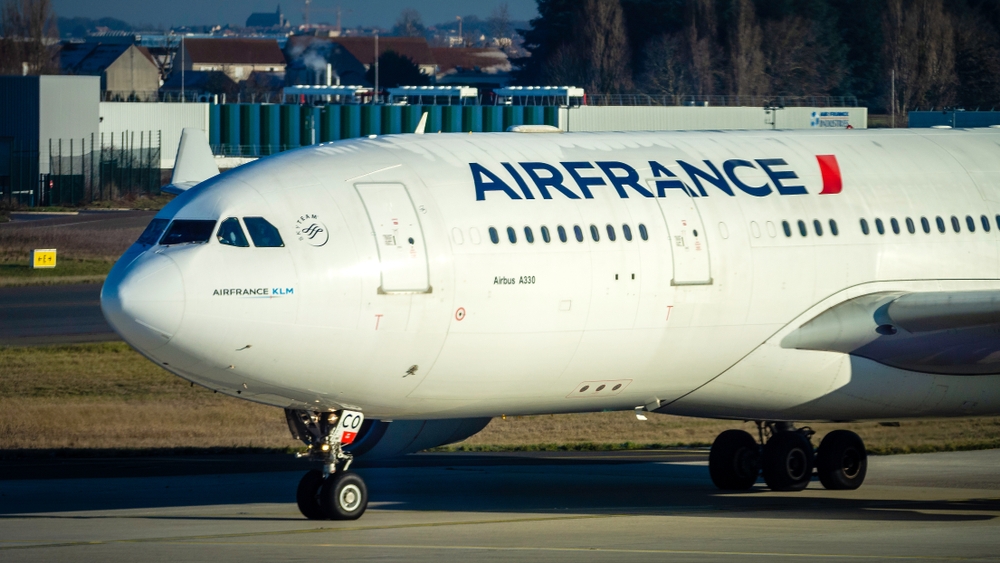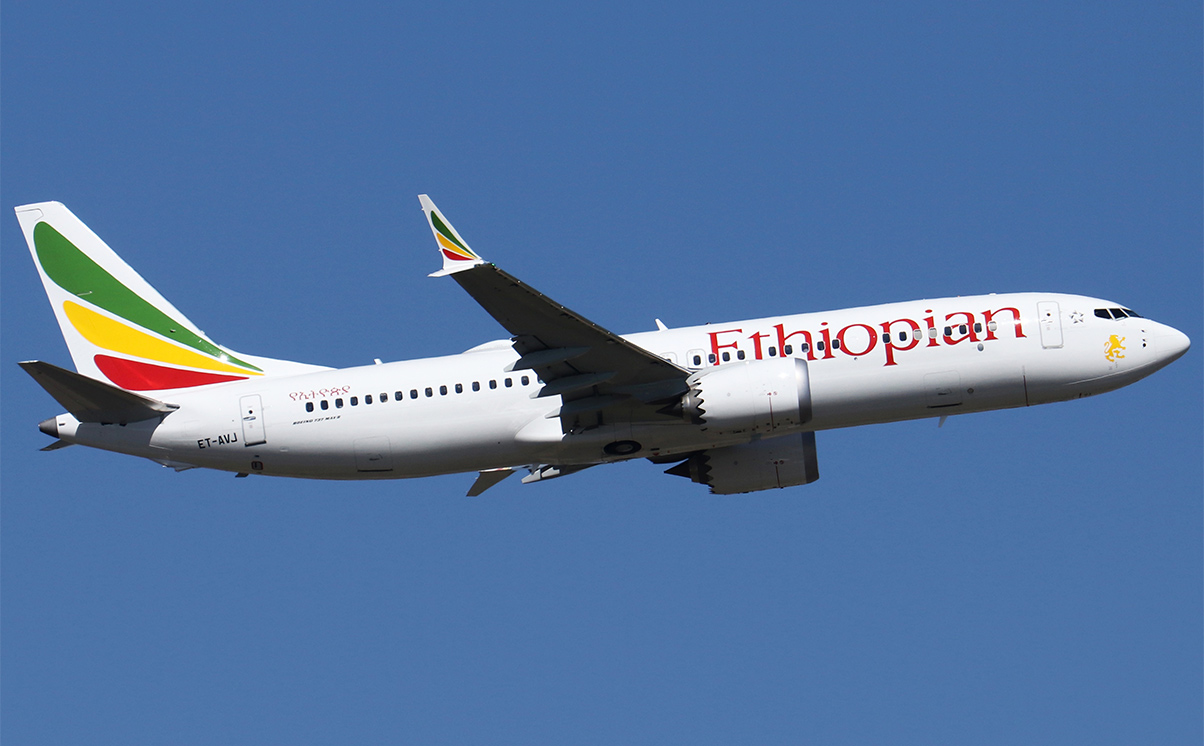On Wednesday 8 January 2020, Ukrainian Airlines Flight PS752 was accidentally shot down by Iranian military missiles. In this article, Peter Neenan looks at the next steps Iran should take in compensating victims and draws from its history with aviation incidents.
Iran must compensate victims of Flight PS752 and can learn from its own history. On 3 July 1988, USS Vincennes shotdown Iran Air Flight 655 as the aircraft travelled over the Persian Gulf, in Iran territory. The aircraft carried 248 Iranians and 42 passengers and crew from India, Pakistan, Yugoslavia and the UAE. Following that shootdown, in the days following, then President Ronald Reagan wrote to Iran apologising for the shootdown and declaring that reparations or compensation to the families of victims are “a matter to be discussed”.
Those discussions seemingly stalled and on 17 May 1989, Iran issued proceedings against the US in the International Court of Justice (ICJ) noting violations of a number of international treaties, including the 1971 Montreal Convention for the Suppression of Unlawful Acts against the Safety of Civil Aviation. It took another five years before the parties began settlement discussions and another two years until 1996 before the parties entered into an agreement that was filed before the ICJ. That agreement provided for compensation of US $131.8m to Iran, which included US $61.8m to the heirs of the 248 Iranian victims. Notably, under the terms of the agreement, the families of the foreign passengers and crew got nothing.
The sum of $61.8m is approximately US$250,000 to each family. Noting inflationary increases, that equates to approximately US$400,000 in today’s money.
Iran has made the first correct move by acknowledging that it shotdown Ukrainian Airlines Flight PS752. As foreign ministers gather in London to consider what needs to be demanded from Iran, Iran needs to recognise its history and learn from it.
As a starting point, Iran should formally apologise to the countries that have lost citizens. Iran should remember its struggle for its citizens, and spare the families an eight-year battle in the International Court of Justice by acting fairly and reasonably now. Based on precedent, it should offer no less than US$400,000 per family as compensation. All parties should remember that under the 1996 agreement, only the Iranian families were compensated. To do the right thing means compensating all families from all countries, and the ministers gathering in London should take note that their citizens are not left behind.
Under international law, a series of international conventions govern the rights of the families of passengers who have lost their lives in an aircraft following an accident. The intention of the international conventions is to funnel claims through the carrier (Ukrainian Airlines) and their insurer. In this case, Tokio Marine Kiln is the lead insurer of the war risks policy while Global Aerospace is the lead insurer on the aviation all risks policy.
Whether by action of the international conventions or the carrier’s terms and conditions, families of passengers will have compensation potentially limited to $155,000 – $175,000. What defines whether those citizens claims will be limited will be broadly whether the airline can argue that the accident was caused solely by the negligence or omission of a third party and had nothing to do with them. A similar issue arose on Malaysia Airlines Flight MH17, a case on which Stewarts was instructed by just under 30 families and in which the fight for compensation from the state responsible for the shootdown continues.
In Flight MH17 we were able to argue that failures by Malaysia Airlines to risk assess the Ukrainian warzone in light of notices to airmen and the practice of other carriers, was sufficient to overcome the potential cap under the international conventions. That argument is more difficult here. For Iran, it needs to understand that families may not receive full compensation from the airline and as the perpetrators of this shootdown, full compensation needs to be provided to ensure that families are not left financially vulnerable by its actions. That needs to involve an assessment of financial dependency. To do the right thing, that financial dependency should be offered on top of the US$400,000.
If Iran acts in accordance with the above, it will at the very least have shown its willingness to take responsibility for its actions, and will have improved upon the mistakes that it suffered at the hands of the US in 1988.
Peter Neenan also spoke with Reuters on this topic, and that article can be found here.
You can find further information regarding our expertise, experience and team on our Aviation pages.
If you require assistance from our team, please contact us or alternatively request a call back from one of our lawyers by submitting this form.
Subscribe – In order to receive our news straight to your inbox, subscribe here. Our newsletters are sent no more than once a month.






